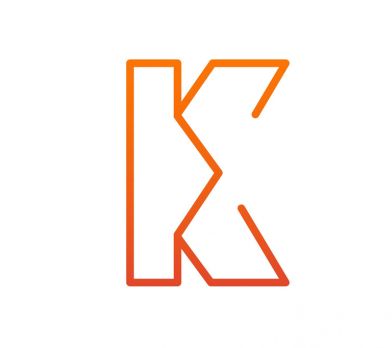Ensuring the quality of data labeling is crucial in developing reliable machine learning models. This article outlines best practices in quality assurance for data labeling, emphasizing error detection, consensus building among labelers, and quality control measures to maintain data integrity.
1. The Important Role of Data Labeling Quality Assurance
Data labeling involves annotating data with labels that help machine learning models learn to predict outcomes accurately. The quality of these labels directly impacts the performance and reliability of the models. Therefore, implementing robust quality assurance processes is essential for ensuring the accuracy and integrity of labeled data.
2. Error Detection Techniques
Detecting errors early in the data labeling process is crucial to maintain the quality of the dataset. Here are some effective techniques:
- Automated Validation Rules: Implementing automated checks that validate labels against pre-defined rules can help catch inconsistencies and errors quickly.
- Spot Checking: Regularly reviewing a random sample of labeled data can help identify errors that automated rules might miss.
- Error Tracking Systems: Utilizing a system to track and categorize errors can aid in analyzing patterns and common mistakes, facilitating targeted improvements in the labeling process.
3. Consensus Building Among Labelers
Discrepancies among labelers can significantly affect data consistency. To build consensus, consider the following strategies:
- Standardized Training: Ensure all labelers undergo comprehensive training that includes clear guidelines on the labeling process, with real-world examples and regular refresher courses.
- Regular Calibration Meetings: Conduct meetings where labelers can discuss challenging cases and align on the best practices for labeling.
- Consensus Thresholds: Use techniques like majority voting for labels where labeler agreement is essential, ensuring that data points are only included once a certain level of consensus is reached.
4. Implementing Quality Control Measures
Quality control is an ongoing process that helps maintain the integrity of the data labeling process. Key measures include:
- Double-Blind Labeling: Having two labelers annotate the same data independently and comparing their labels can identify discrepancies and areas where additional guidance is needed.
- Continuous Feedback Loops: Integrating feedback from downstream model performance can help refine labeling guidelines and improve label accuracy.
- Quality Metrics: Develop metrics such as inter-annotator agreement rates to quantitatively assess label quality and identify areas for improvement.
5. Leveraging Technology in Quality Assurance
Technology plays a pivotal role in enhancing the efficiency and effectiveness of quality assurance in data labeling:
- Machine Learning Assistance: Utilizing machine learning tools to pre-label data can speed up the labeling process and reduce human error.
- Automated Quality Checks: Implementing software that automatically checks for common labeling errors can greatly reduce the need for manual reviews.
- Real-Time Monitoring Tools: Using tools that provide real-time insights into the labeling process can help managers identify and address issues promptly.
Quality assurance in data labeling is not just about catching errors but about creating a systematic process that enhances the overall reliability and consistency of labeled data. By employing a combination of error detection techniques, consensus-building strategies, and quality control measures, organizations can ensure the high quality of data essential for training robust machine learning models. These practices not only improve the accuracy of models but also contribute to the efficiency and scalability of the data labeling process.
Reliable Data Labeling Services at Kotwel
To further enhance data labeling quality, it's essential to partner with a trusted provider like Kotwel. Our dedication to quality and accuracy establishes us as a reliable partner for AI projects of any size, ensuring your data-driven solutions are built on accurate and consistent foundations.
Visit our website to learn more about our services and how we can support your innovative AI projects.
Kotwel is a reliable data service provider, offering custom AI solutions and high-quality AI training data for companies worldwide. Data services at Kotwel include data collection, data labeling (data annotation) and data validation that help get more out of your algorithms by generating, labeling and validating unique and high-quality training data, specifically tailored to your needs.
You might be interested in:
The tranquil fields and sprawling farmlands that have sustained humanity for centuries are undergoing a radical transformation. Enter the era of the digital farm, where cutting-edge technology and artificial intelligence (AI) converge to revolutionize the agricultural landscape like never before. In this article, we […]
Read MoreIn the dynamic world of artificial intelligence (AI), facial recognition has emerged as a revolutionary technology, empowering diverse industries to reimagine the possibilities. From securing our devices to enhancing personalized experiences, facial video collection stands as a cornerstone of technological advancement. As the demand […]
Read MoreImagine a world where cars effortlessly navigate through bustling city streets and serene countryside roads, all without a human hand on the wheel. Thanks to groundbreaking advancements in technology, this once-fantastical vision is becoming a reality. Autonomous vehicles are poised to revolutionize transportation, but […]
Read More




